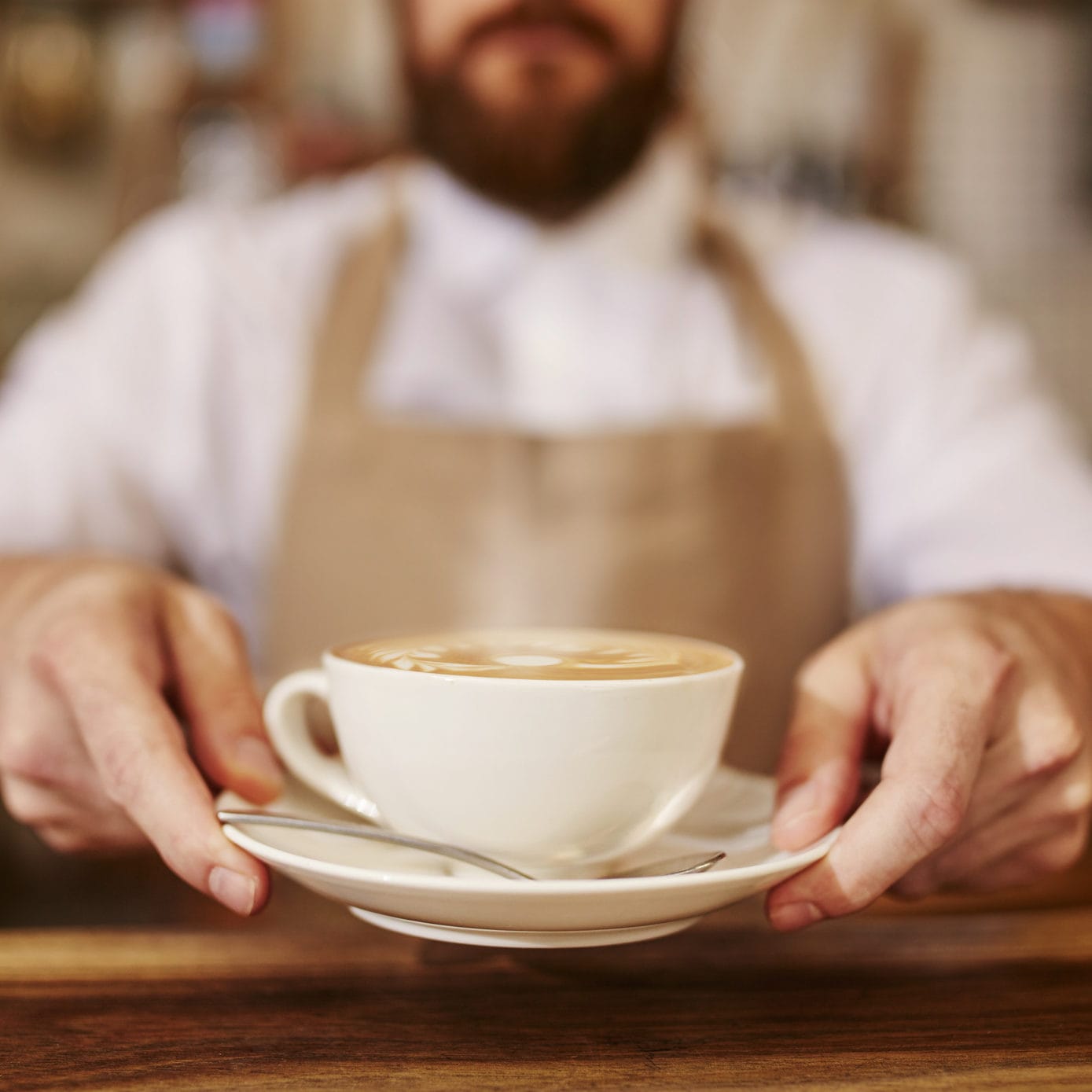Did you see that tram full of coffee cups? Coffee consumption and you
🔗 [SYSTEM UPDATE] Link found. Timestamp incremented on 2025-11-26 13:55:13.Monash students overwhelmingly think coffee is an environmental issue, but still think taste is more important. SHELBY BROOKS asked students about their attitudes, and offers some solutions.


By SHELBY BROOKS
Monash students overwhelmingly think coffee is an environmental issue, with 60 per cent expressing concern over the impact of their caffeine habit.
In an online student poll conducted by Mojo News, 110 of 182 students expressed concern about a range of environmental issues, including how their coffee beans were sourced.

But for 80 of the students, taste was the most important factor.
Since the 1970s – when a new hybrid coffee plant was introduced that required agrochemicals and full sun – increasing coffee cultivation has led to widespread forest clearing and habitat fragmentation, displacing the plants and animals that called it home.
Coffee has become the second most sought commodity in the world after crude oil, and ahead of natural gas, gold and sugar. It is a market worth more than $100 billion worldwide.
In local terms, that massive consumption translates to Australia going through one billion disposable coffee cups a year, with about 90 per cent of them ending up in landfill.

Coffee cups are the second largest waste item after plastic bottles. About 60,000kg of coffee cup waste ends up in landfill each year in Australia, according to Planet Ark.
The ABC’s War on Waste packed a Melbourne tram with coffee cups and travelled around the city to highlight the environmental impact of takeaway coffee cups, most of which cannot be recycled because of their plastic lining.
So how do we cut down on all that waste?

You can still go forth on your coffee drinking endeavours and enjoy the feel good rush of consuming caffeine while doing your bit for the environment.
Aim for ethical sources. Do you frequent a regular café on campus? Ask them if the brand of coffee they use has any certifications such as Fairtrade or Rainforest Alliance. Both promote brands that use environmental and ethical steps in their growing and production of coffee.

Get a reusable cup. Check out the Responsible Cafes website to view a map of cafes across Australia that are offering discounts for bringing their own re-usable cups. Brands such as KeepCup, Klean Kanteen, B-Alternative and Lifefactory sell thermos like plastic or glass cups that your coffee will directly be made into. No need for recyclable paper cups. The survey found only 32 students owned a reusable cup. Those who did not feared leakage and mess, or cited forgetfulness as their excuse.
Find a cafe that recycles coffee grounds. According to Planet Ark, 93 per cent of coffee grounds end up in landfill. Initiatives such as Lifecykel and Reground are aimed at reusing cafes’ coffee grinds. Lifecykel is using the grinds to grow mushrooms that are then used in restaurants. Reground collects the grounds to create compost and worm farms.
Recycle your own coffee grounds. DIY coffee body scrubs could be a fun craft activity or gift that is both environmentally friendly and economical. Start your own mushroom or worm farm, using grounds for compost. Look online for some more ideas.





